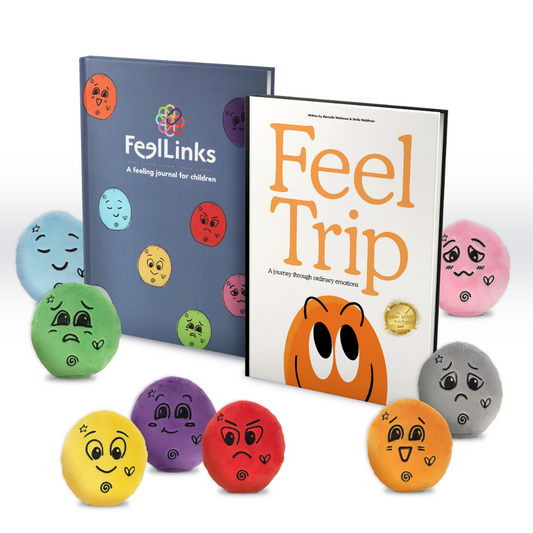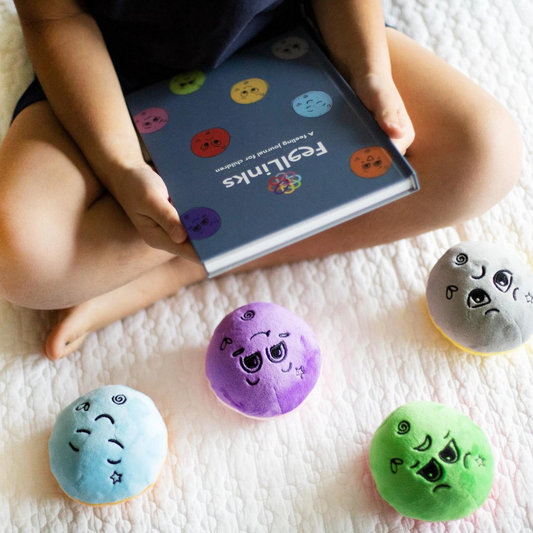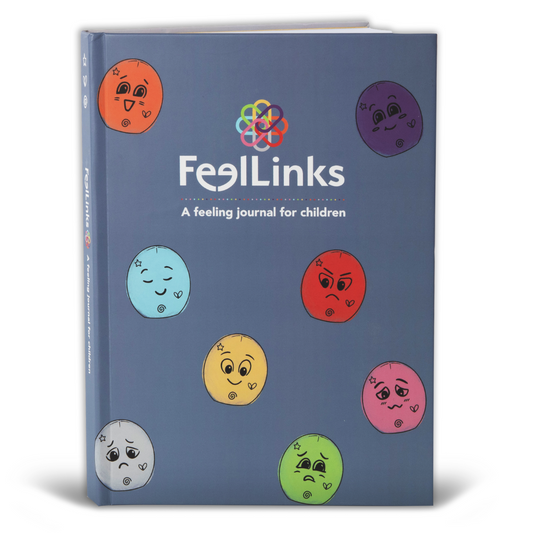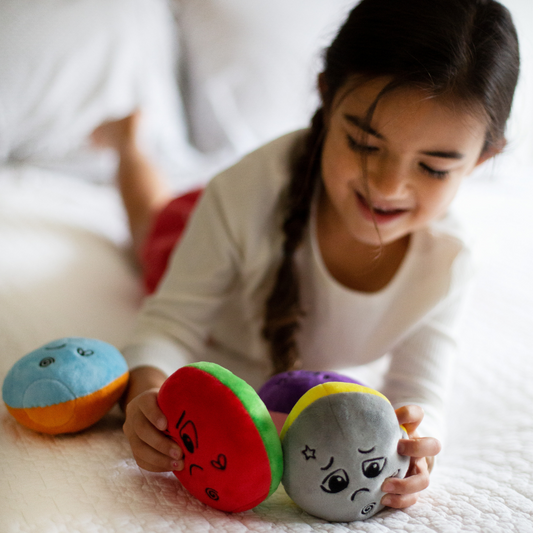FeelLinks Blog


🧠 Feelings Check-Ins Matter: At School & Home
A morning feelings check-in may seem simple, but it’s a powerful way to support emotional and academic growth in young learners. Just a few minutes of reflection helps kids build...
🧠 Feelings Check-Ins Matter: At School & Home
A morning feelings check-in may seem simple, but it’s a powerful way to support emotional and academic growth in young learners. Just a few minutes of reflection helps kids build...
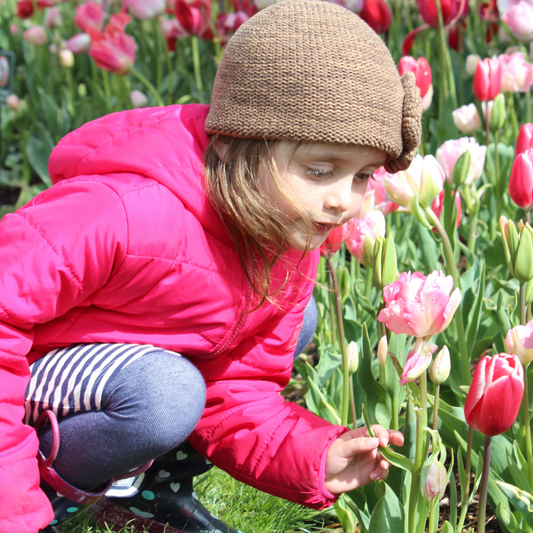
Beyond First Glances: Raising Kids To See With ...
When we teach our children to look beyond appearances, we give them the gift of deeper relationships, richer experiences, and a more meaningful ways of seeing the world around them.
Beyond First Glances: Raising Kids To See With ...
When we teach our children to look beyond appearances, we give them the gift of deeper relationships, richer experiences, and a more meaningful ways of seeing the world around them.

Powerful Ways to Show Love to Your Kids: Balanc...
By balancing firm boundaries with the freedom to explore, you create a loving environment where your child feels safe, valued, and prepared for the future.
Powerful Ways to Show Love to Your Kids: Balanc...
By balancing firm boundaries with the freedom to explore, you create a loving environment where your child feels safe, valued, and prepared for the future.
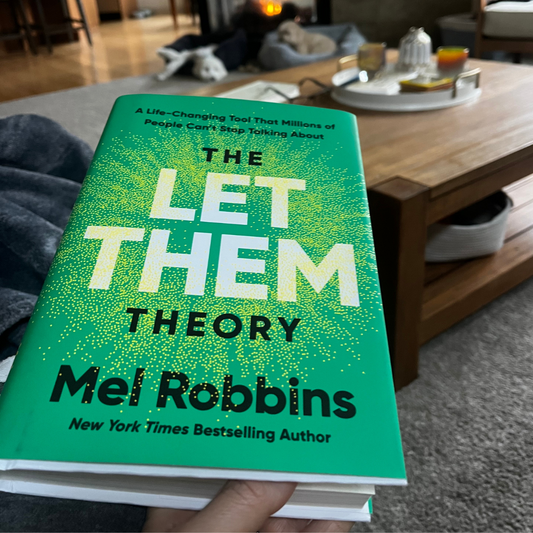
Let Them + Let Me: A Guide To Reclaiming Your P...
The Let Them Theory shifts our focus away from stressing over others’ actions - things we cannot control - and redirects it toward what we can control - ourselves. You can...
Let Them + Let Me: A Guide To Reclaiming Your P...
The Let Them Theory shifts our focus away from stressing over others’ actions - things we cannot control - and redirects it toward what we can control - ourselves. You can...
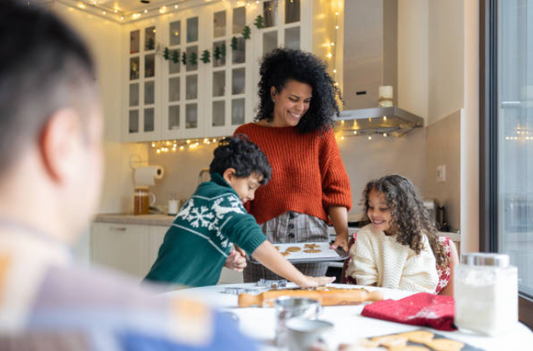
Helping Kids Navigate Big Emotions During the H...
The holidays can be a magical time, but they can also bring on some big emotions for the kids— here are some tips to support your kids during the holiday...
Helping Kids Navigate Big Emotions During the H...
The holidays can be a magical time, but they can also bring on some big emotions for the kids— here are some tips to support your kids during the holiday...
Shop
-
FeelLinks Ultimate Feelings Bundle
Regular price $89.00 CADRegular priceUnit price / per$96.00 CADSale price $89.00 CADSale -
FeelLinks Dolls and Journal Set
Regular price $64.00 CADRegular priceUnit price / per -
FeelLinks Journal
Regular price $37.00 CADRegular priceUnit price / per -
FeelLinks Dolls
Regular price $37.00 CADRegular priceUnit price / per -
Feel Trip Children's Book
Regular price $27.00 CADRegular priceUnit price / per

